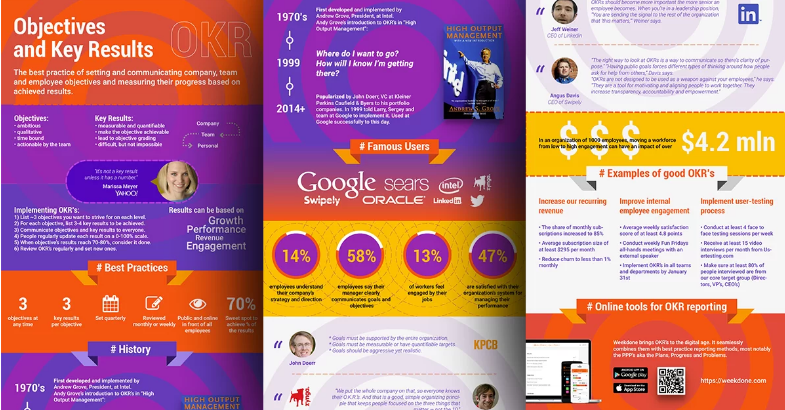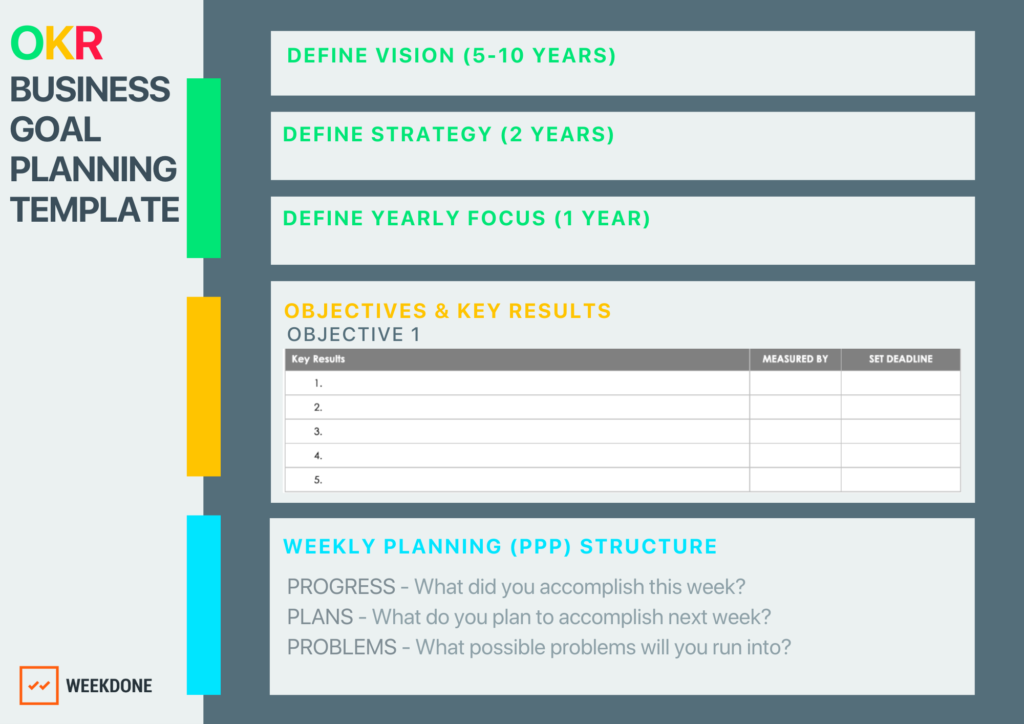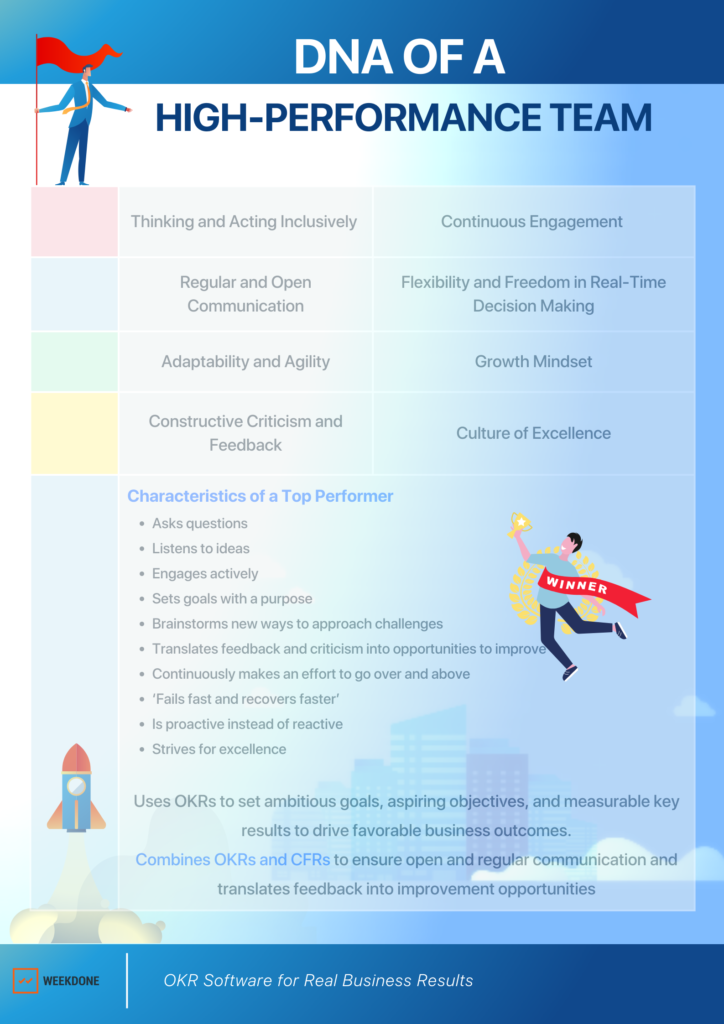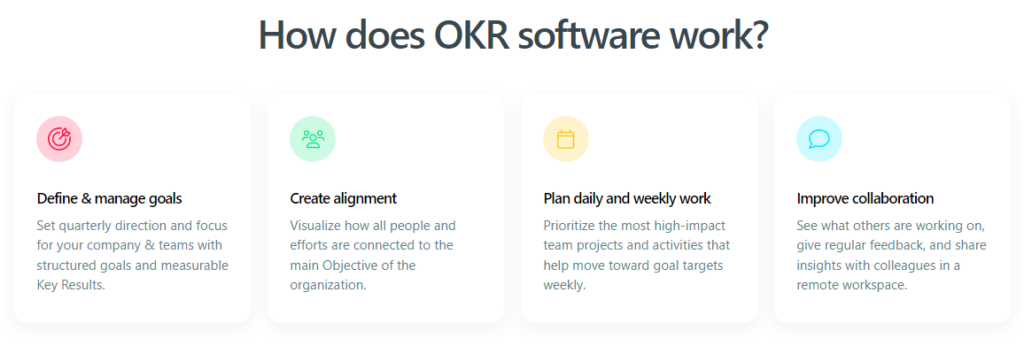In the U.S., approximately 20% of new businesses fail during the first year, 45 in the first five years, and 65% of new businesses in the first 10 years.
While running a small business can seem like a profitable opportunity, to be sustainable and successful can be very different in reality. Because running a business entails many challenges and considerations. If not managed with careful planning and a strategic roadmap it can cause small businesses to fail.
In the modern business environment, which is ever-evolving, small business management can be demanding. There are many aspects to be considered from increasing customer expectations, wider adoption of technology and automation, to implementation of new marketing and sales tactics.
So, how to manage small businesses and succeed? How can you fail fast and grow faster? How to create a business plan for the future and ensure it is scalable and agile based on shifting market demand?
In this post, we will cover some of the tips small businesses can use to drive efforts toward success.
5 Small Business Management Tips for Success
1. Create a Clear Roadmap and Business Plan
The first step in running a successful small business is to write a comprehensive business plan that outlines your goals and objectives. This will give you a clear roadmap of where you want to take your business and how you plan on getting there.
A systemic approach to goal-setting is the Objectives and Key Results (OKR) framework that small business owners can use to translate their strategy into action.
An effective business plan must include:
- The company’s purpose and vision statements and discuss how it differs from other small businesses in its sector.
- How your organization can assist clients in solving challenges, taking into account how their requirements differ from those of competitors.
- Analysis of the target market which must describe the characteristics of your target audience, including their psychographics (psychological profiles) and demographics.
- How will your product or service better fulfill the needs of your target market than those of your competitors?
👉 If you want to stay competitive, get small business management and business planning right using OKRs. Use this simple Business Plan Template to record and share your company’s mission, strategy, and goals.
2. Conduct Competitor and Market Analysis
It is important to conduct a market analysis on your chosen market to understand the competition and potential opportunities in the sector. As a small business owner, understanding the market you are functioning in is crucial for better management.
This entails spending time investigating the current state and potential future in your sector. It also includes assessing your competitors and considering how to set yourself apart from them. With this information, you can inform strategic decisions to drive optimal business outcomes.
3. Communicate Effectively with Customers and Employees Alike
One of the most important skills of a small business owner is communication. Successful leadership is about articulating the company’s vision, differentiation, and building high-performing teams.
Moreover, communicating effectively with clients and vendors can establish stronger relationships and reduce churn. Keep in mind that while communicating is essential it is also important to listen. Listening to customers, their pain points and challenges, can greatly help to identify improvement opportunities.
4. Focus on Innovation and Improvement
The principle of failing fast is about innovating and learning while trying to reach a desired business outcome. The concept revolves around finding the failures and improvement areas quickly so that you can accelerate and optimize solutions promptly and with agility.
When managing small businesses, it can lead to becoming absorbed in daily administrative tasks and issues. While these aspects are significant, you must be mindful of how you can promote growth.
To be successful is not only about sustaining it is about thinking big and creating ambitious goals. Even if you fail in the beginning, it can be a learning process to improve and a stepping stone to move forward toward building a successful business.
5. Manage Changes with Technology Adoption
Technological advancements have made it easier for small businesses to automate certain tasks and make their operations more efficient. It is essential to stay up-to-date with technological changes that impact your business model.
By staying ahead of the curve, you can ensure that your company remains competitive in an ever-changing landscape. Using scalable tools and dedicated software for small business management you can align strategy and goals, engage employees, and improve efficiency by automating repetitive processes and workflows.
Effective small business management requires dedication, commitment to a clear roadmap, collaborative teamwork, and the adoption of relevant tools and technologies to succeed. A great way to ensure success is to articulate strategy and goals, identify improvement opportunities faster, utilize resources optimally, and drive a growth mindset across the company.
Want to reach your goals faster and with less effort? A goal-setting and team collaboration software can help.



